








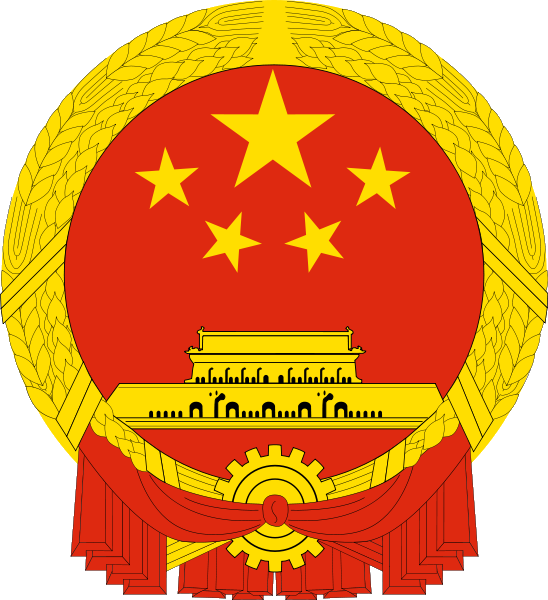


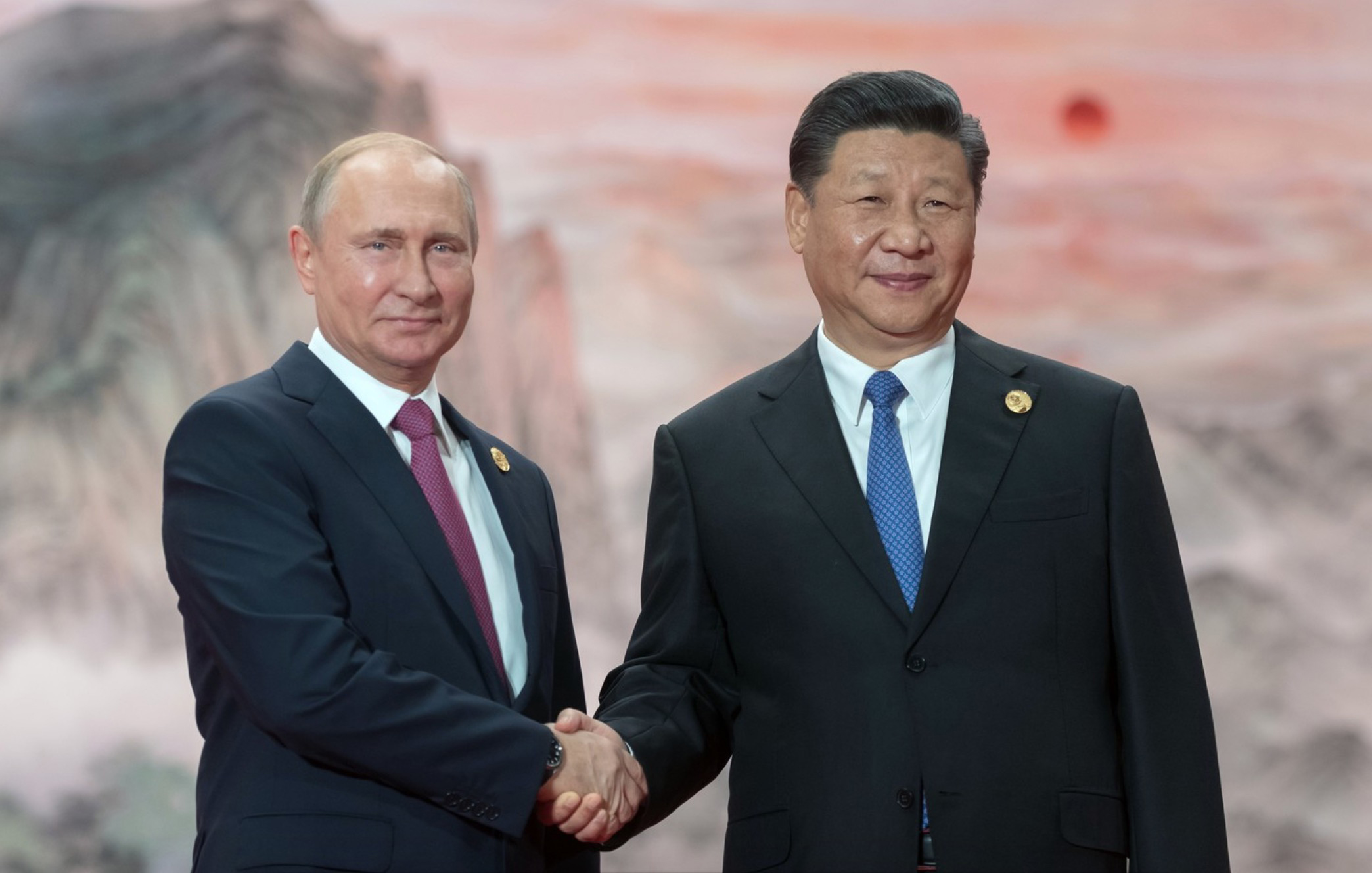
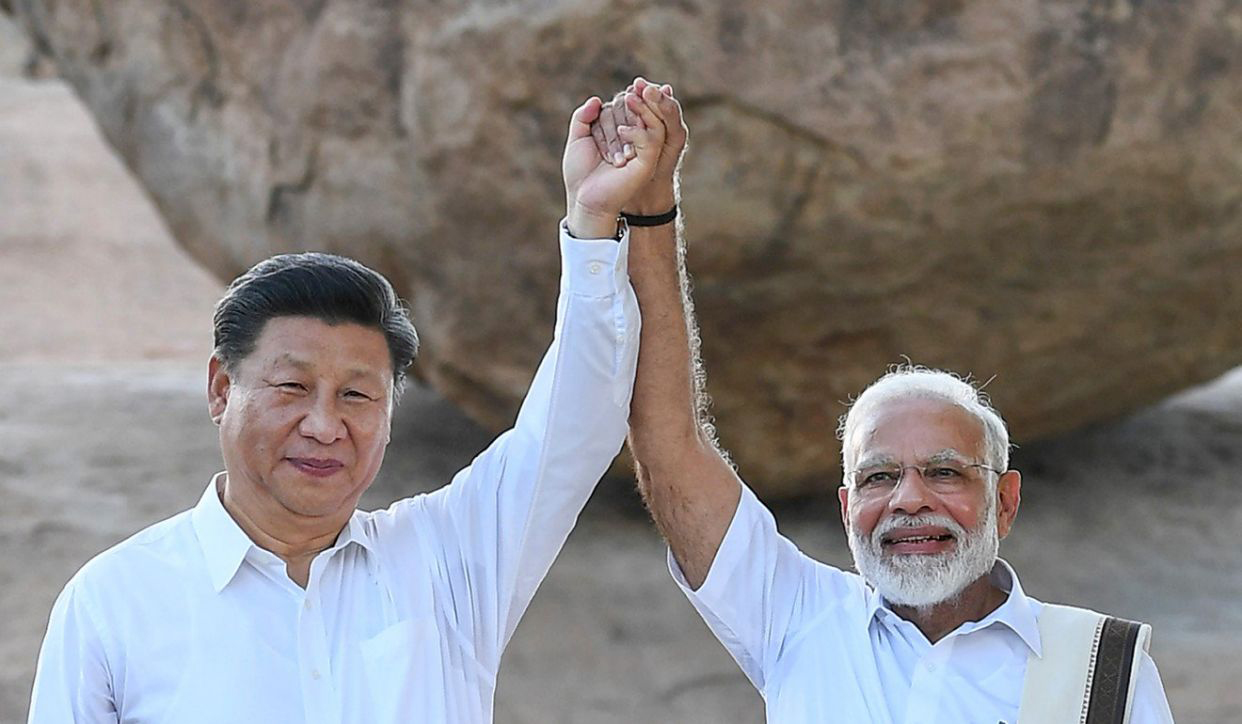
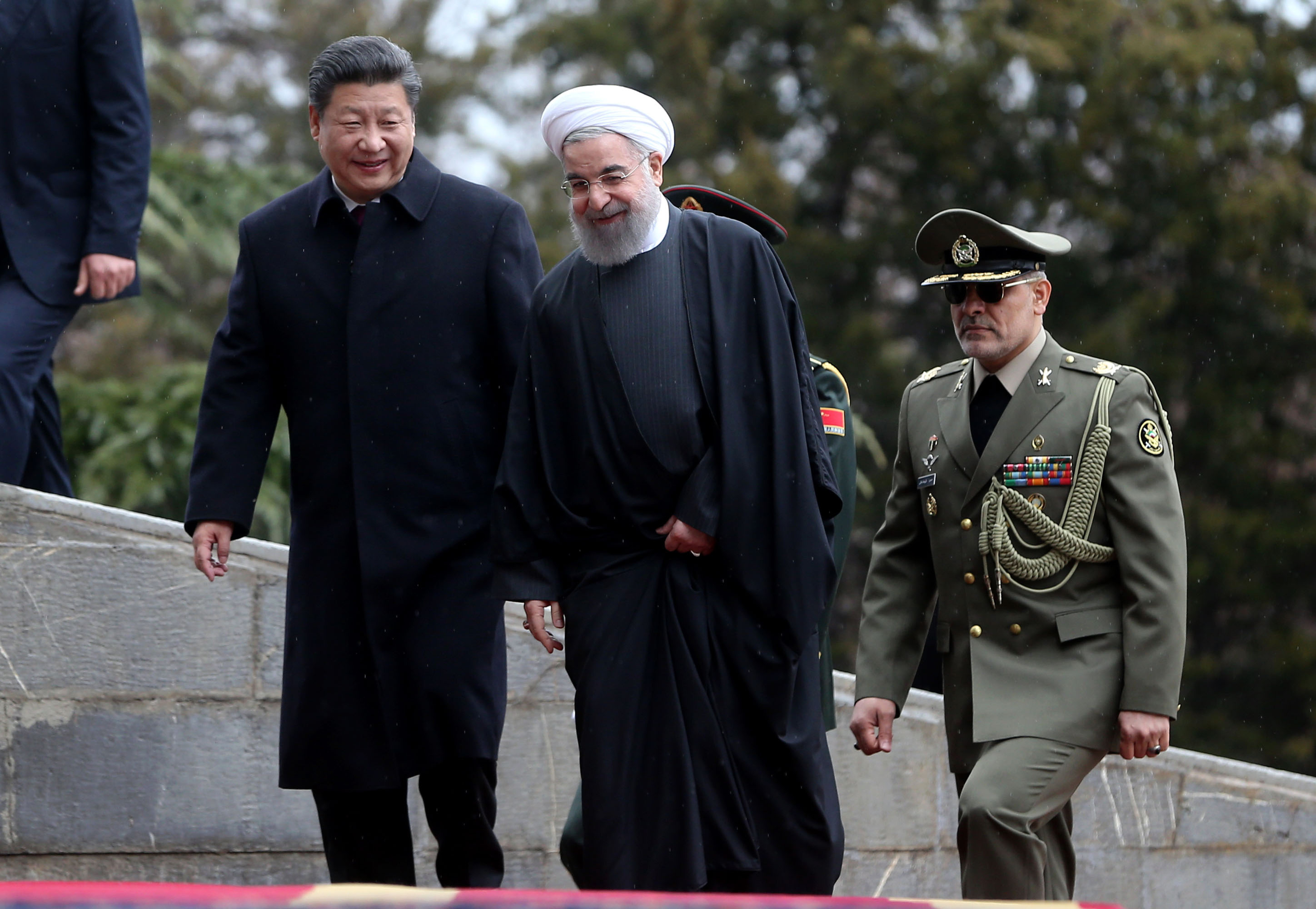
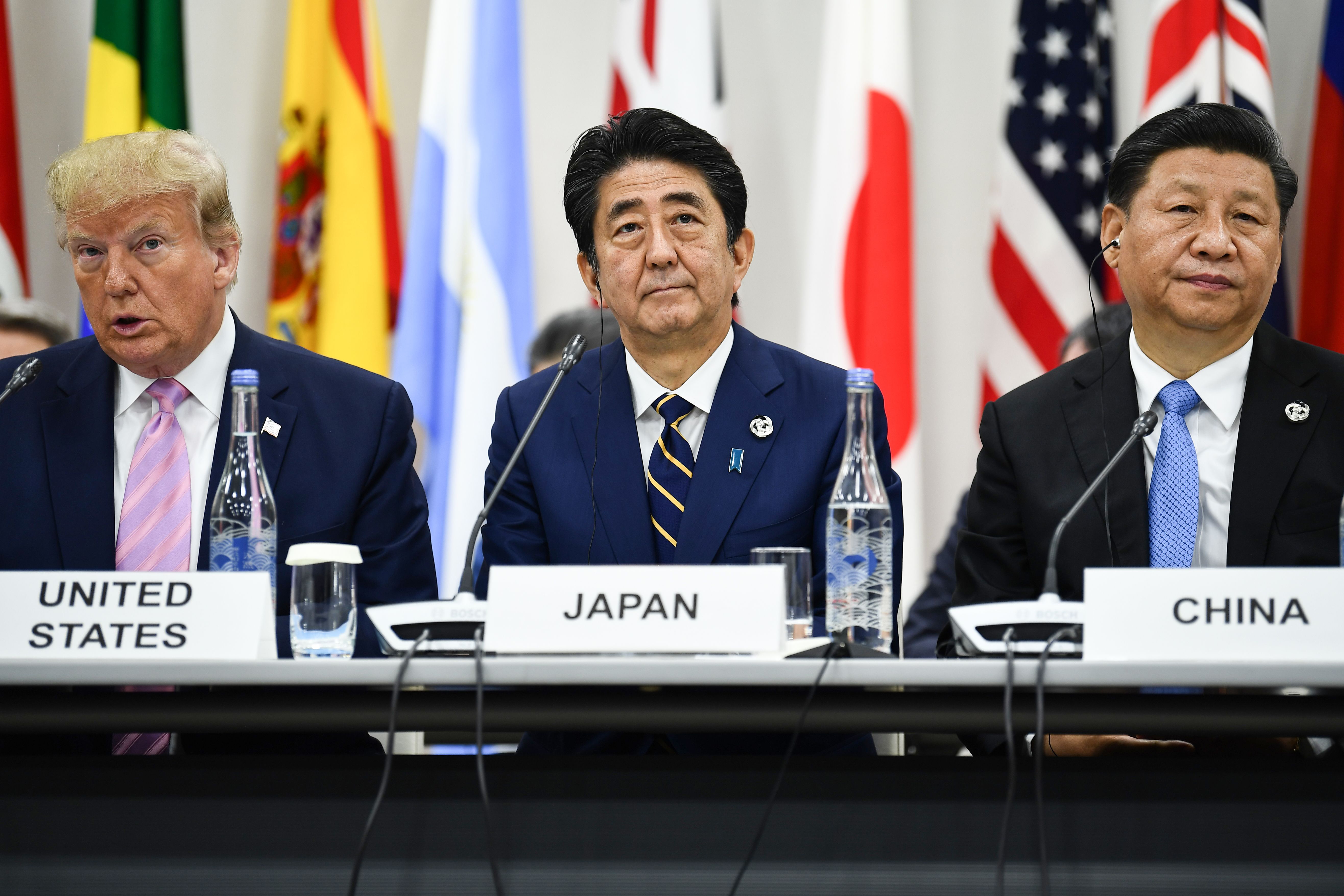

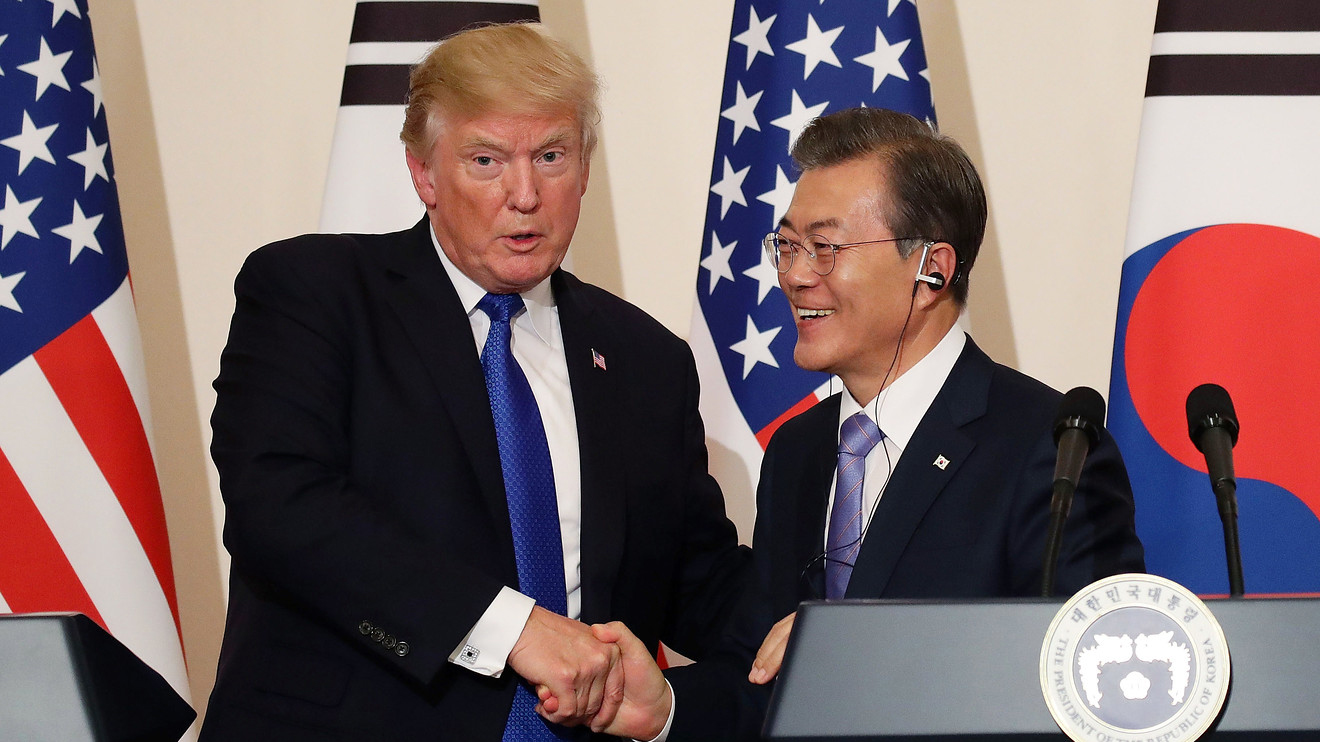
Strategically, the G-7 is using COVID-19 to floss economic terrorism
|
Increasingly, Japan is becoming the main focus of the G-7 political block as US-Japan ties reach new levels of approval in Japan amid the COVID-19 pandemic. Militarily, the Japan-US security treaty which was established in January 1960 has become a national symbol of unfeathered achievement and is now favored by the G-7. Moreover, the G-7 is rapidly deploying economic policies against China at levels equivalent to economic terrorism as the US eyes rebounding from its trade war with China. Furthermore, the US is bellowing its pivot to Asia in the G-7 to recover from the economic fallout experienced from the COVID-19 pandemic. Recently, Japanese Finance Minister Taro Aso indicated that G-7 officials had agreed on the need for policy reform to achieve a new global recovery, while leaving no details. Meanwhile, US Treasury Secretary Steven Mnuchin, led a discussion with top finance officials about the significance of new foreign investments from renewed ties between the US and Japan during the COVID-19 pandemic. Intuitively, the US Treasury Secretary reminded fellow finance ministers from the G-7 to focus on national security risks while developing new strategies to sabotage China. Expressively, the G-7 has agreed to "timely and effective actions" which include use of military force against perceived threats to renewed economic ties between the US and Japan. Hence, the Brexit agreement in the European Union is overshadowed by recovery efforts from the COVID-19 pandemic in Japan. Additionally, reducing foreign direct investments to China remains the purpose of the US trade war. Accordingly, our strategic focus will remain on the influence the G-7 has on oil production as Saudi Arabia readies to host the G-20 summit in 2030. |
|
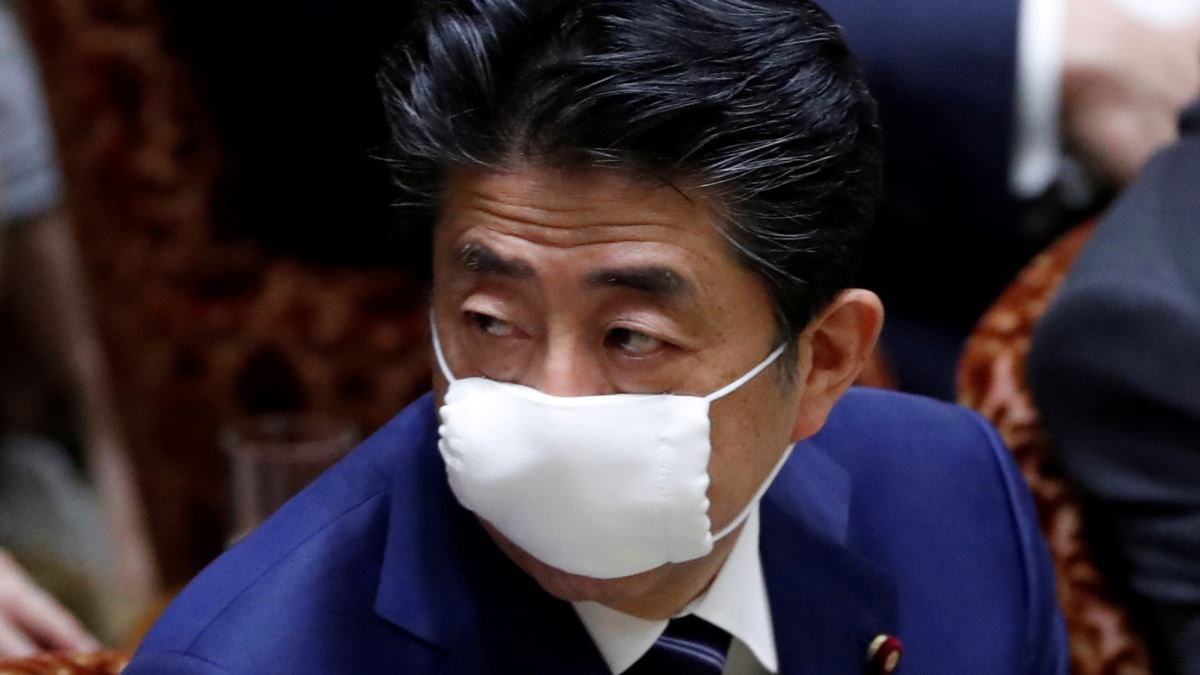
|
Expectedly, Japan has extended its state of emergency for another month due to COVID-19 while accelerating treatment and increasing restrictions on social interaction. Likewise, the G-7 has agreed with OPEC on temporary restrictions to oil production which Saudi Arabia and Russia initiated. Militarily, growing economic tensions from the collapse of crude oil prices is eclipsing the push for a restart in the G-7 from the COVID-19 pandemic. Particularly, the US trade war with China is driving ongoing military tensions over persistent provocations in the South China Sea by the G-7. Recently, Japan's economic revitalization minister Yasutoshi Nishimura stated that an economic slowdown was inevitable. He said in a press interview, "We have to do it for the long stretch."
Prudently, the extended month for the state of emergency in Japan over the Golden Week holiday aims to reduce person-to-person activities by 80% and commuter driving by 70%. Yet, recent reports indicate that heightened travel between Australia and New Zealand aim to spark tourism for the G-7 which also raises the debate over oil production. Frivolously, Australia's Treasurer Josh Frydenberg admitted to accelerating economic activity by reducing pandemic restrictions ahead of Europe to avert an economic cliff. Openly, he stated, "If these restrictions were increased even further, akin to the eight-week lock-down in Europe, then the adverse economic impact on GDP could double to 24%, or A$120 billion, in the June quarter." He added, "This was the cliff we were standing on." Thus, we must place special attention on the ongoing US-China trade war as the G-7 faces economic demise. |
|
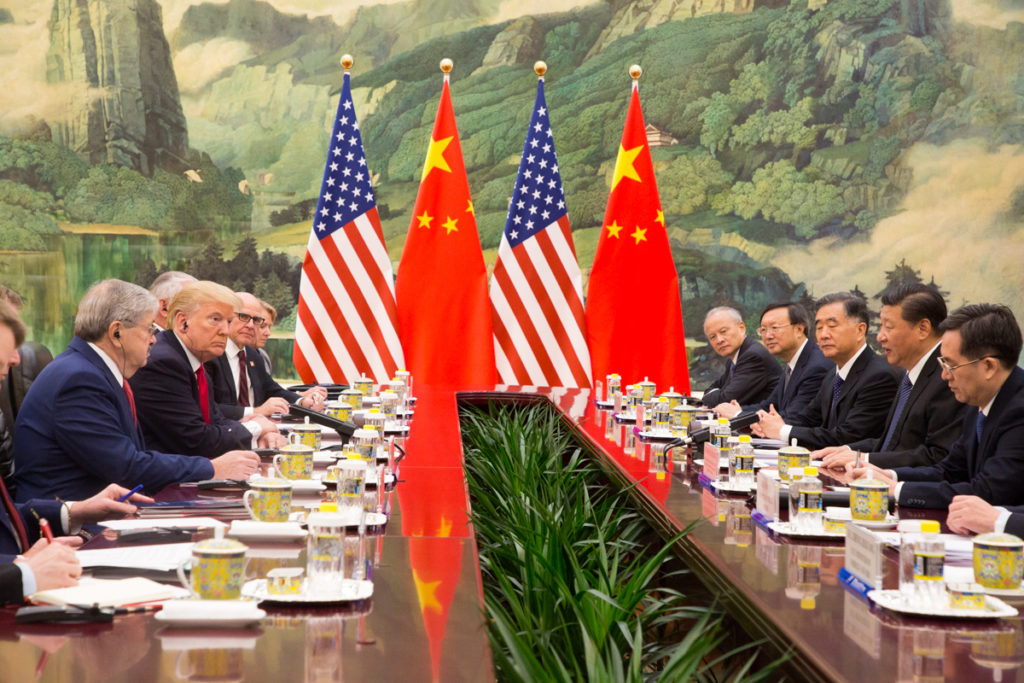
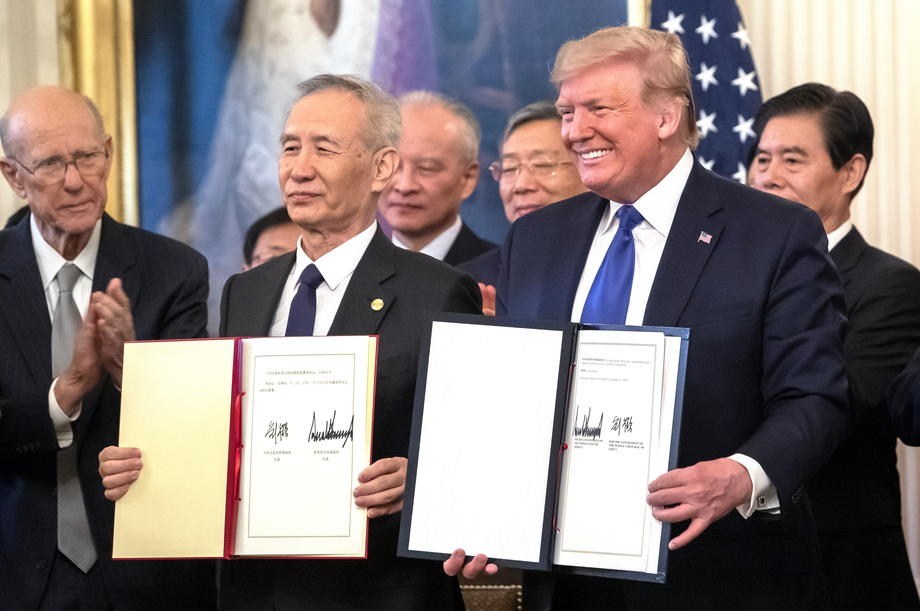
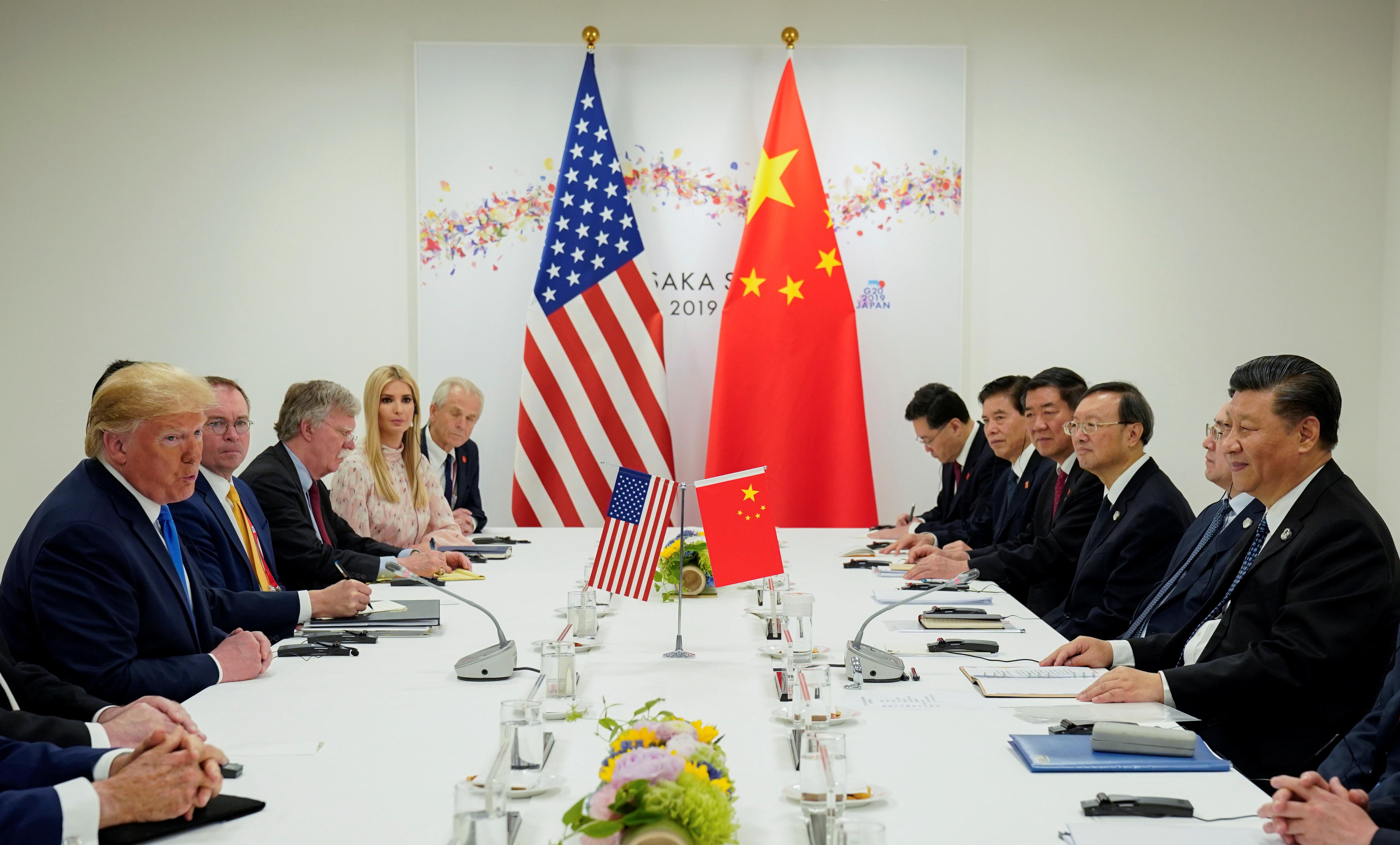
Globally, the Yen remains a major hidden factor in the US-China trade war
|
Economically, increased brutality from the US-China trade war is near climax. Thus, special attention on military tensions in the South China Sea over the US trade war is both prudent and vital as the G-7 initiates a new cold war from widespread geopolitical sabotage. Insightfully, international relations professor Shi Yinhong from China's Renmin University mentioned, "Different from the Cold War between the US and the Soviet Union, the new Cold War between the US and China features full competition and a rapid decoupling. The US-China relationship is no longer the same as that of a few years ago, not even the same as that of a few months ago." Aggressively, economic tensions between the two nations accelerate from recent public outcries over handling of the COVID-19 pandemic. Distantly, Australia is pushing away from trading in China to expedite political fall-out over Taiwan with the US and the G-7. Specifically, the G-7 is shifting towards a new military conflict over Taiwan in the South China Sea. Politically, China is focused on using the recovery period of the COVID-19 pandemic to patch relations with Taiwan as opposed to use of military force over Western sabotage. Yet, Hong Kong's economic recession which began before the pandemic isolates Taiwan from seeking immediate reconciliation with Beijing. Maliciously, the US 7th Fleet is reinforcing security policies set by the G-7 to intimidate China over freedom of navigation in the South China Sea. Practically, freedom of navigation during a trade war, economic recession and health pandemic is beyond dispute and further US-led provocations will escalate brewing nuclear tensions in the region. Whereby, there is zero tolerance for US claims to freedom of navigation for political sabotage over naval intimidation against Beijing. Aggressively, China is preparing for a military end to US attempts of political sabotage world-wide. |